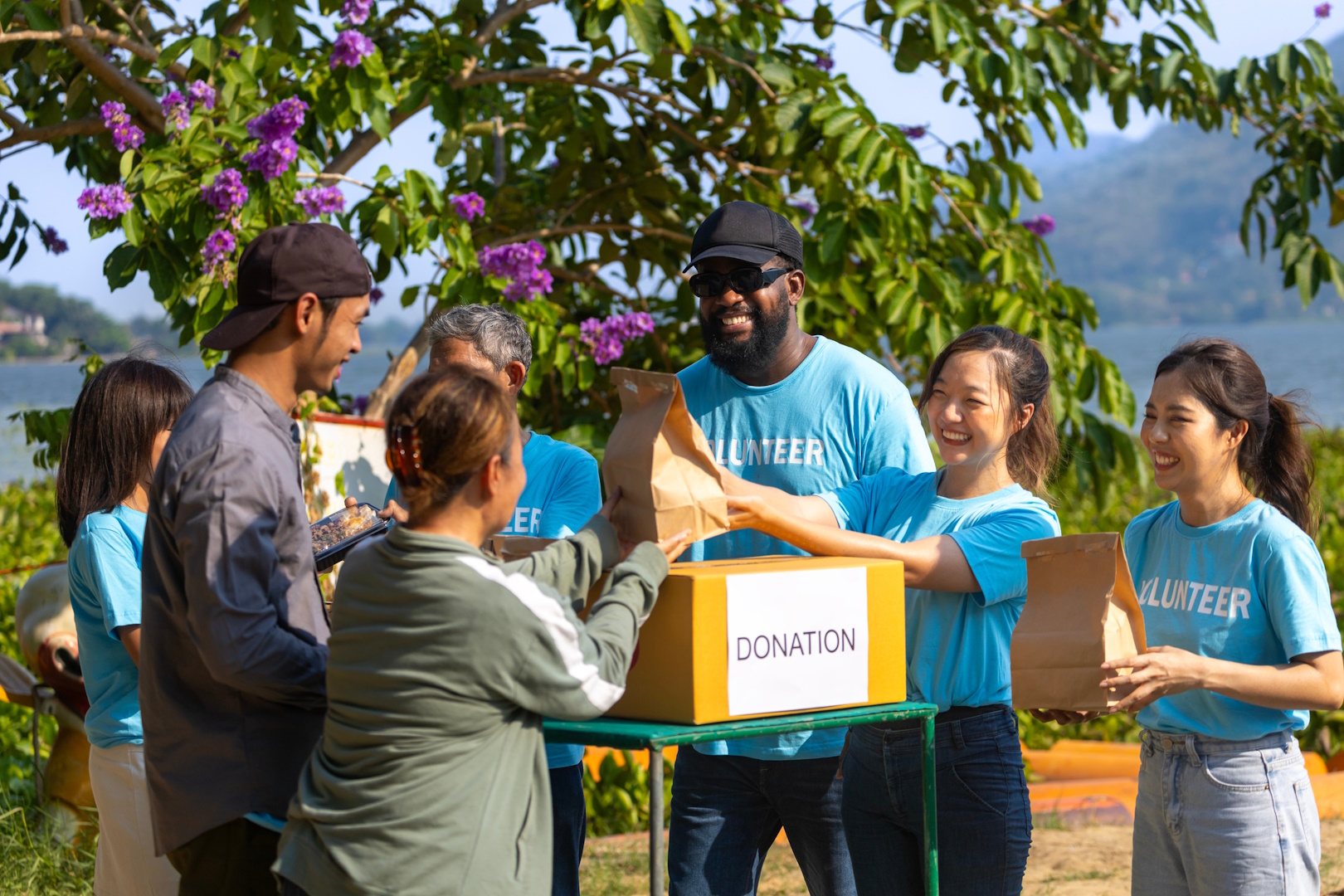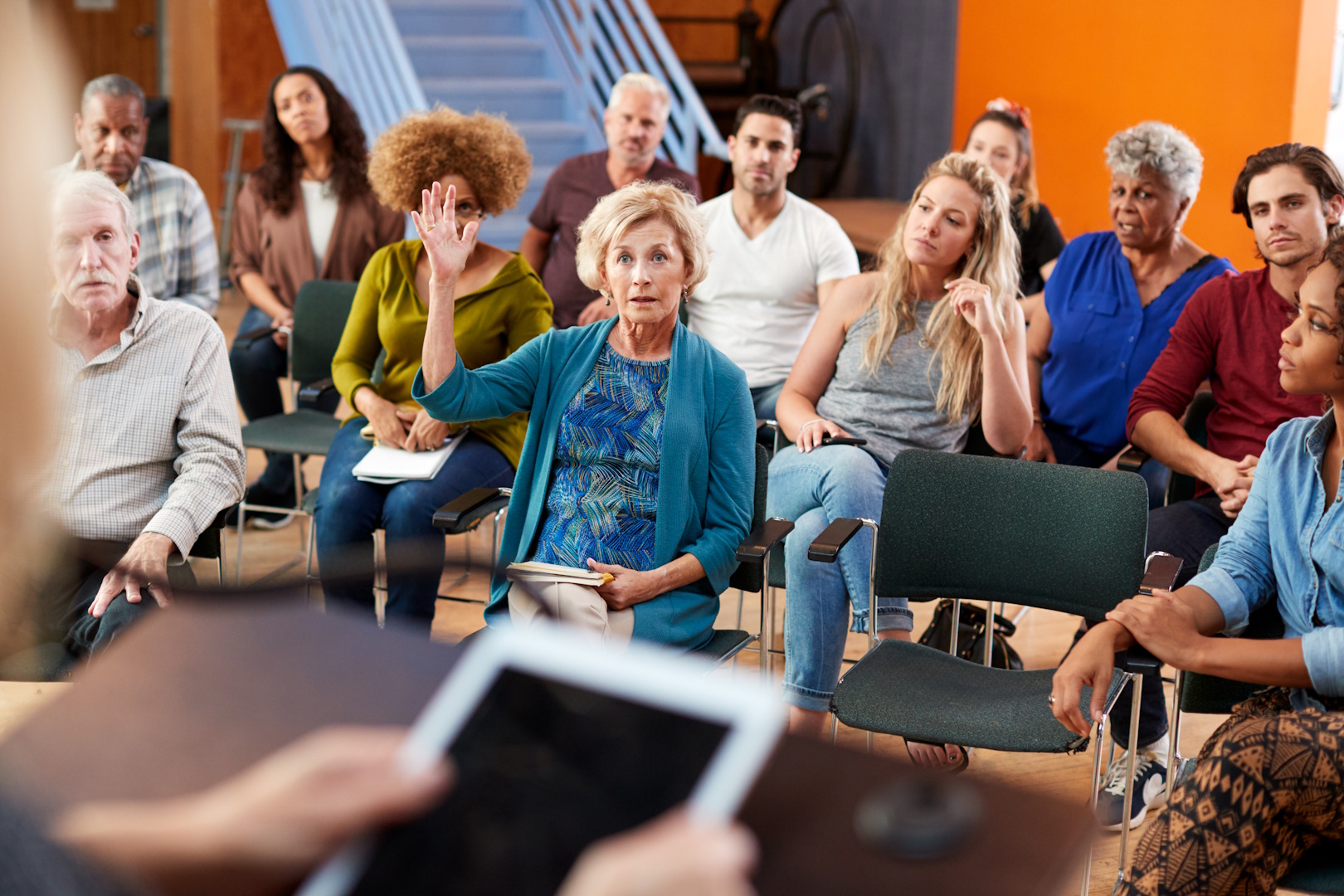Natural disasters can strike at any time, leaving communities vulnerable to damage and disruption. For HOA communities, preparation is key to minimizing risks and ensuring the safety of residents. Without proper planning, natural disasters can cause severe property damage and lead to costly recovery efforts. Fortunately, with a strategic approach, an HOA community can take steps to mitigate the impact of these unpredictable events.
In this blog, we will explore practical tips for preparing your HOA community for natural disasters. From developing emergency plans to maintaining strong communication with residents, taking these steps will help protect your community when disaster strikes.
Developing an HOA Emergency Preparedness Plan
Developing a comprehensive emergency preparedness plan is one of the most important steps for any HOA community. This plan should address potential natural disasters that could impact your region, such as hurricanes, wildfires, or floods. Identifying your community's specific risks is the first step toward effective preparation.

A solid emergency plan should outline key responsibilities for HOA board members, residents, and any service providers. Assigning specific tasks ensures that everyone knows what to do in the event of an emergency. This includes evacuation procedures, communication protocols, and steps to secure community assets. Regularly reviewing and updating the plan helps to keep it relevant as circumstances or risks evolve.
Additionally, the emergency plan should be shared with all community members. Residents should be aware of the steps they need to take to protect themselves and their property. Hosting community meetings or distributing printed materials can ensure everyone understands the emergency procedures.
Lastly, consider conducting emergency drills or simulations. These drills allow residents and the HOA board to practice the steps outlined in the preparedness plan. Drills can identify any areas that need improvement and ensure that everyone is prepared to act quickly during a real disaster.
Strengthening Your HOA Community Infrastructure
The infrastructure of your HOA community plays a critical role in disaster preparedness. Investing in the right upgrades can minimize damage and help your community recover more quickly. For example, reinforcing structures against high winds or earthquakes can significantly reduce the impact of these events.
Start by assessing the condition of key community assets, such as buildings, roads, and utilities. If any repairs or upgrades are needed, prioritize them before disaster season begins. Ensuring that your infrastructure is up to date can make a huge difference in how well your community withstands a natural disaster.
In addition to physical upgrades, ensure that your HOA community has access to backup resources in case of an emergency. This includes backup power generators, first aid supplies, and emergency water sources. Being prepared with essential resources can keep your community functional even during power outages or disruptions to normal services.
Lastly, evaluate your community’s insurance coverage. Make sure your HOA’s insurance policies cover the types of natural disasters your region is most susceptible to. Adequate coverage will help your community rebuild and recover without placing undue financial strain on the HOA or its residents.
Creating a Communication Plan for Residents
Communication is critical in the face of a natural disaster. Your HOA community needs a clear and reliable communication plan to keep residents informed during emergencies. Without strong communication, confusion and misinformation can lead to unnecessary risks or delays in taking action.
Start by establishing a primary point of contact within the HOA board. This individual should be responsible for disseminating information and updates to the entire community. In the event of an emergency, residents need to know where to turn for accurate information and instructions.
Make use of multiple communication channels to ensure that you reach all residents. Email, text alerts, and social media are great options for sending out updates quickly. However, don’t forget to consider residents who may not use digital platforms. Posting information on community bulletin boards or delivering flyers to homes can help reach everyone.
It’s also important to establish a system for residents to report emergencies or hazards. This could be a dedicated phone line or an online reporting system. Having a way for residents to quickly share important information helps the HOA respond more effectively to emergencies.
Finally, after a natural disaster has passed, continue to communicate with residents about recovery efforts and any additional precautions that may be necessary. Keeping the community informed throughout the entire process will reduce stress and ensure that recovery proceeds smoothly.
Coordinate with Local Emergency Services
Your HOA community should not face a natural disaster alone. Building strong relationships with local emergency services is essential for effective disaster response. Police, fire departments, and other emergency personnel can provide valuable resources and guidance during a crisis.

Begin by reaching out to local emergency services to discuss your HOA’s emergency plan. Involving them in the planning process ensures that your community’s needs are considered, and it helps these services understand your community’s layout and specific challenges. This can make response efforts faster and more effective when disaster strikes.
Establishing a direct line of communication with local authorities also allows your HOA to receive real-time updates and information during an emergency. Many local agencies offer alert systems that provide critical information on evacuations, road closures, or weather conditions. Signing up for these services ensures your community stays informed.
Additionally, local emergency services can help educate your residents on disaster preparedness. Hosting informational sessions or community workshops led by these experts can raise awareness and provide valuable insights on how to stay safe. This proactive approach strengthens your community’s overall readiness for a disaster.
Finally, consider participating in local disaster preparedness drills or exercises. By working alongside local emergency services during these drills, your HOA community can practice responding to emergencies in real time. This collaboration builds confidence and improves coordination between the community and local authorities.
Educating Residents on Personal Preparedness
While the HOA board plays a central role in disaster preparation, individual residents must also take personal responsibility for their safety. Educating your residents on personal preparedness is crucial for ensuring that everyone is ready to act when disaster strikes.
Encourage residents to create their own emergency kits that include essentials like water, non-perishable food, medications, and first aid supplies. These items can make a significant difference during the first few days of a natural disaster. Providing residents with a checklist of recommended supplies can help them prepare effectively.
It’s also important to educate residents on evacuation routes and procedures. Make sure that everyone knows how to leave the community if an evacuation is necessary safely. This includes identifying multiple routes in case the primary path is blocked or unsafe.
In addition, remind residents to stay informed about potential threats. Encourage them to sign up for local weather alerts or emergency notifications. Awareness of the latest developments allows them to take appropriate action and stay ahead of the disaster.
Finally, promote a culture of readiness within your HOA community. Organizing preparedness events or offering resources for personal planning helps residents feel empowered to protect themselves and their families. The more prepared each individual is, the safer the entire community will be.
Ensure Your HOA Community Is Prepared for Natural Disasters
Preparing your HOA community for natural disasters is an ongoing process that requires proactive planning and strong communication. By developing a comprehensive emergency preparedness plan, strengthening infrastructure, and fostering partnerships with local authorities, your community will be better equipped to face unexpected challenges.
For expert assistance in managing your HOA and ensuring your community is ready for any situation, contact PMI Brightstar today. We specialize in comprehensive HOA management services that help communities stay prepared, safe, and resilient in the face of natural disasters.


